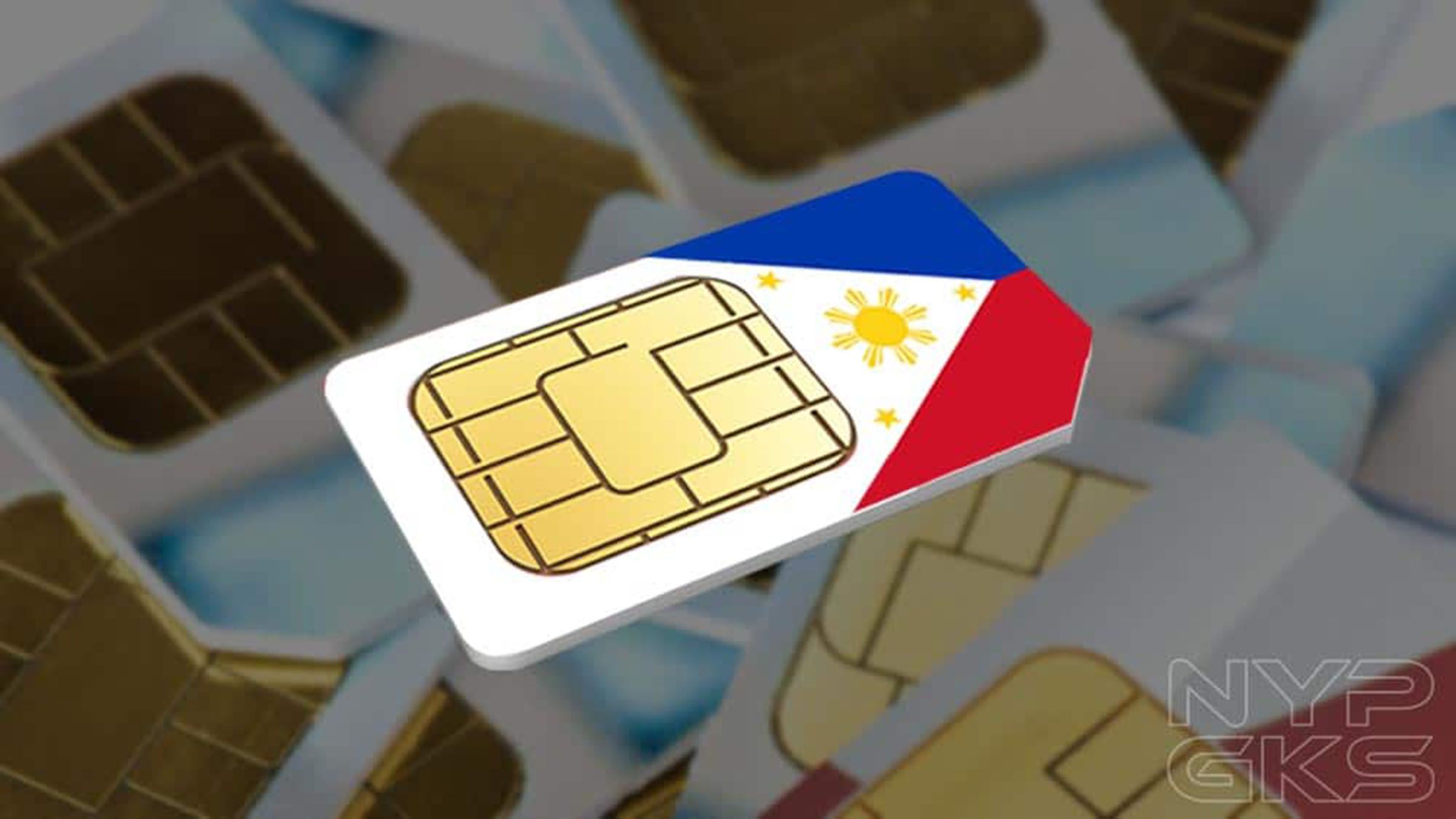The anxiety caused by a possible censorship of social media accounts in the proposed SIM card registration bill has been allayed with the exclusion of such regulation for social media.
This is as far as Senator Grace Poe is concerned.
Poe said last Friday that the SIM card registration bill aims to end fraud and other crimes aided by SIM (subscriber identity module) cards used in mobile phones.
During the 18th Congress, former President Rodrigo Duterte vetoed the SIM card registration bill as the inclusion of social media providers in the registration requirement
“was not part of the original version of the bill and [needed] a more thorough study.”
The version we will pass to the committee of public services will not mention social media, so there will be no issue, Poe said.
If a bill for responsible use of social media is filed, another committee will tackle that.
For Poe, the proposed measure will immediately hurdle the upper chamber as it was approved and ratified by the Senate and the House of Representatives during the previous Congress.
In my discussions with my colleagues in the Senate, no one is against the bill because many were victimized using phone numbers.
“The registration of SIM cards is a deterrent for crimes. We almost passed it into law the last time, and we are eliminating the issue of contention, which is on social media regulation,” she continued.
Poe is pushing for the bill’s passage to protect everyone against fraudulent activities.
“This has been a long time coming, but I hope the passage of this bill will result in a safer and more secure mobile phone use here in the country,” she said.
Amid the surge of text scams, the National Telecommunications Commission (NTC) only received 800 complaints to date.
To address the issue, the NTC ordered telecommunication firms and their regional officers to intensify their efforts to warn the public.

